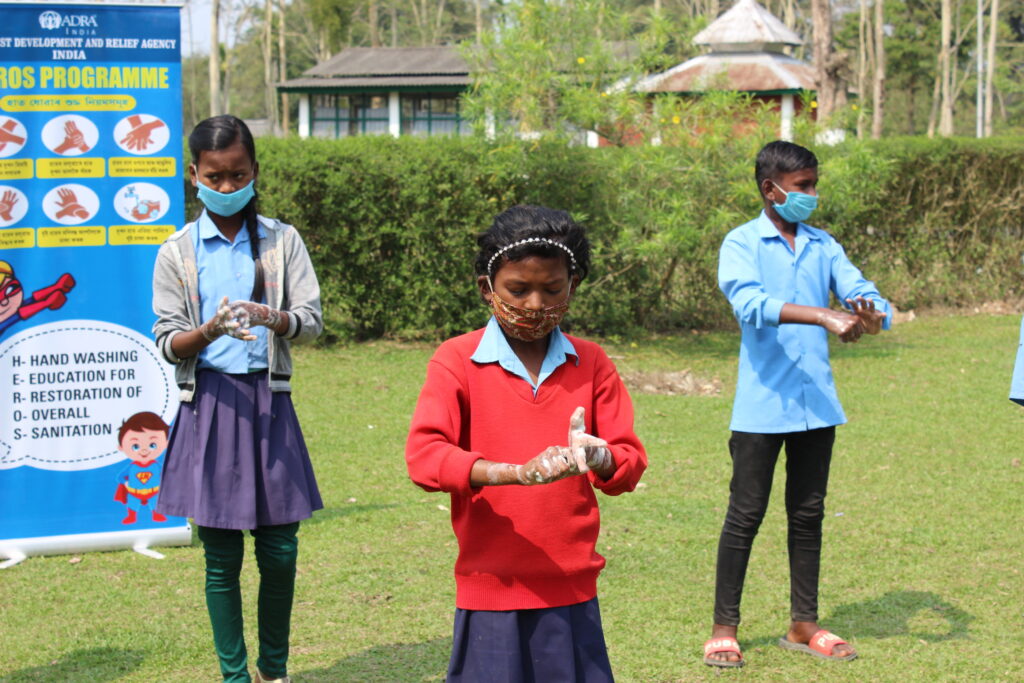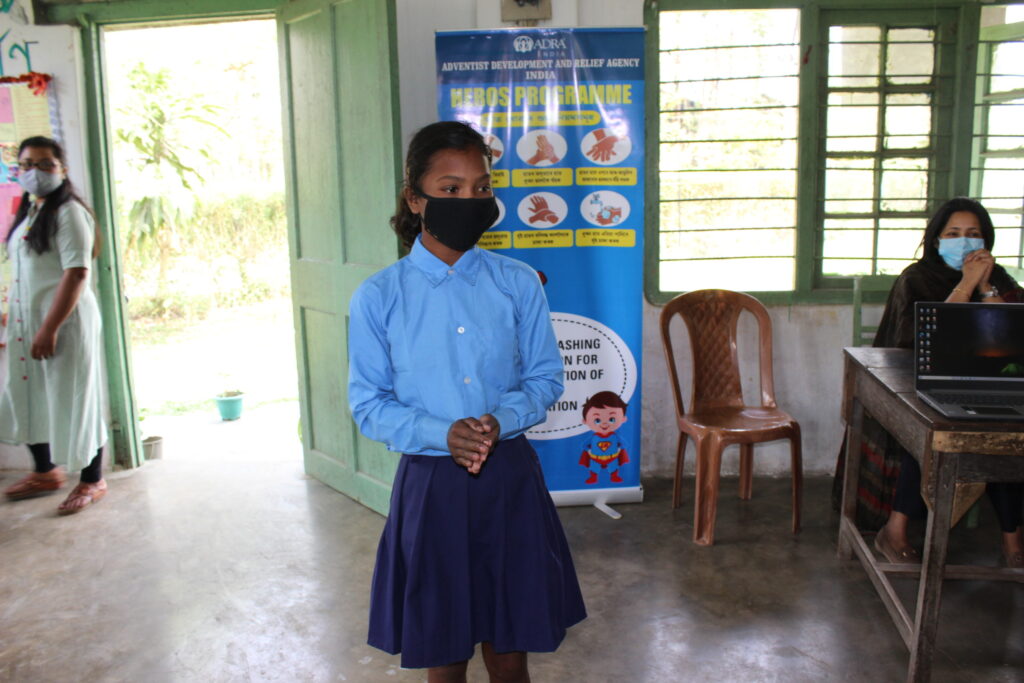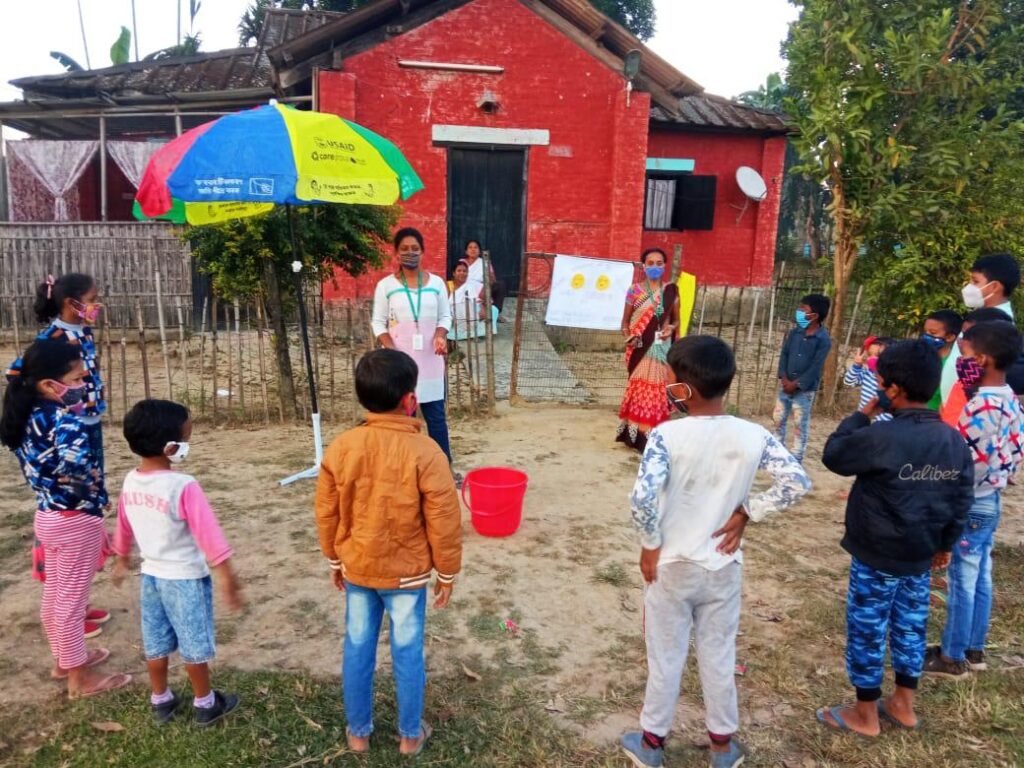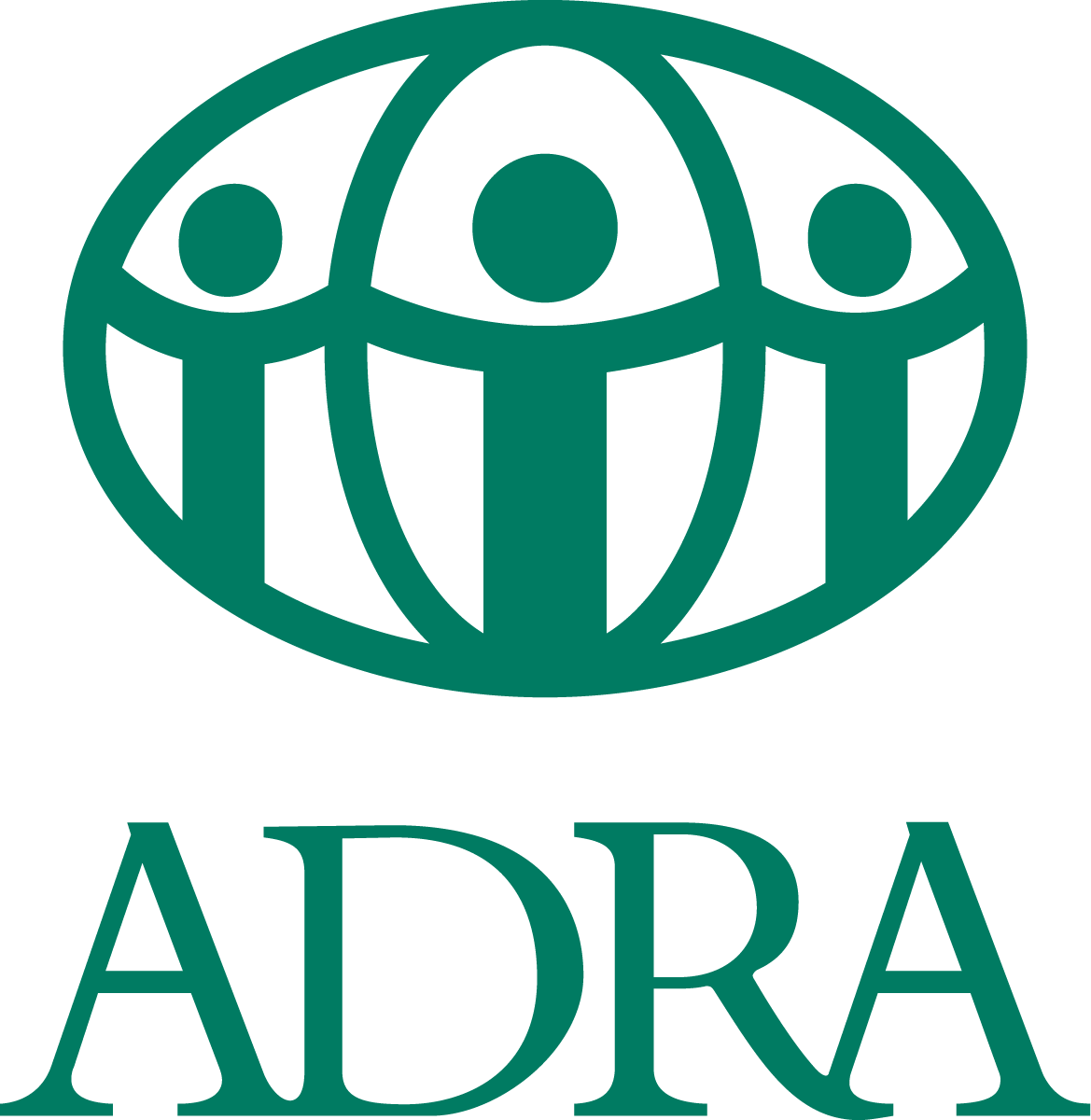Hand washing has been considered a world-changing innovation in public health, capable of significantly reducing disease burden globally. However, what is considered by many a basic activity like washing hands, is considered a luxury for thousands in India. Lack of education, awareness and access around hand-washing has been a serious problem for India. The National Sample Survey 76th round, 2019, report stated only 25.3% of rural households wash hands with soap and detergent before a meal, and 66.8% after defecation. This can often lead to life-threatening health problems and diseases.

While working with the Tea Garden communities in the north-eastern state of Assam, ADRA India observed lack of hygiene and sanitation among the communities. Tea Garden communities or tea garden Labour communities are multi-ethnic groups of Tea Garden workers in Assam. It is a term used to denote active tea garden workers and their dependents who reside in worker quarters built inside 800 tea estates spread across Assam. These garden communities are grappling with several issues. A primary challenge among these is a lack of hygiene and sanitation causing severe health related complications and facing the highest number of maternal mortality rates, infant mortality rates, and cases of anaemia.

ADRA India realized that this could be changed with one simple step – the practice of hand washing. ADRA implemented an innovative solution to inculcate hand washing habits in communities by addressing the issue with change-makers – namely the children. Under the Fresh Hope Project, ADRA devised a sustainable and innovative approach called HEROS, translating to “Handwashing Education for Restoration of Overall Sanitation” Programme. As a first step, 60 school children from 60 tea gardens of Dibrugarh and Tinsukia Districts were selected as agents of change for a healthier future. These children were educated on the importance and proper methods of hand washing and were encouraged to spread awareness in their communities. They were then supervised, with the help of school teachers and ADRA volunteers, for the number of persons they sensitized. Initially, three children from each school, who educated the highest number of people, were given the tag of ‘HERO’ and were felicitated in the community. This motivated more and more children to become agents of change.

The programme has been a great success as an increasing number of children from the community are putting in efforts to become HEROs. These HEROs have also made “HEUJ DARPAN” or ‘Green Mirror – the hygiene corner’ in their schools using waste products. The initiative was covered widely by the local media.
Before the pandemic, HEROs of a few schools even started bringing recyclable waste to their schools. The school management sold the waste, and with the money, purchased hygiene products for the students such as; soaps, disinfectants, and towels. This simple innovation supported by ADRA has created a ripple effect in the tea estates of Assam.
Written By: Himangshu Bailung & Trisha Mahajan
Photo: © 2021 ADRA India
Visit ADRA India’s website to learn more: https://adraindia.org/
